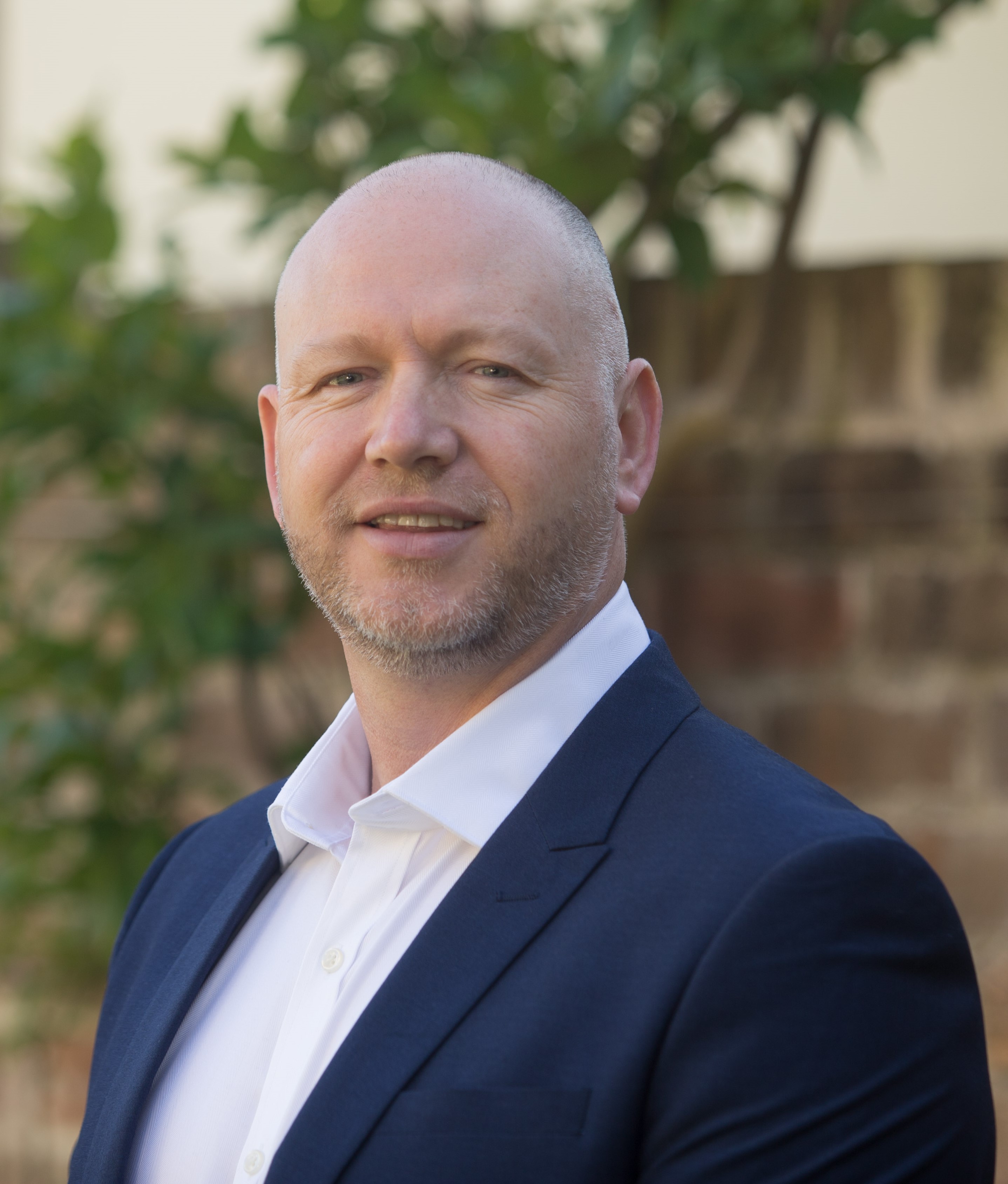Owain Harrhy CIRM: Risk Manager, GoCompare.com
Owain Harrhy CIRM
Risk Manager
GoCompare.com
How did you get your job?
My working life started in financial services with operational and support roles in consumer finance, asset and commercial finance. I then moved into audit and compliance and started studying for a Chartered Institute of Internal Auditors qualification, which was my formal introduction to risk.
I’ve been in my current role as a Risk Manager at Gocompare.com for four and a half years, but in reality, I’ve been working in risk for a lot longer without realising it – there are a lot of similarities between internal audit, compliance and risk management!
What’s a typical day like as a risk manager?
No two days are ever the same at Gocompare.com! The price comparison website sector is a fast-paced, competitive and dynamic online environment, so there are always lots of different aspects to my job. From regulatory compliance, business continuity, projects, legal, data, cyber, proposition development, supplier and partner management and diverse marketing and customer acquisition activities there is a lot to get involved with.
What do you enjoy most about your job?
The diversity. There are not many jobs where you can get involved at all sorts of levels – from hands-on involvement in new projects and initiatives, reviewing and updating risk registers, and writing reports for executive, board and audit and risk committee meetings.
What are the challenges?
The biggest lesson I’ve learned is that you need to understand the organisation and tailor the risk management approach to the culture and people that you work with. It’s easy to adopt a technical approach (say by applying a specific risk management standard or methodology), but if this isn’t aligned to the culture of your organisation, risk can just be seen as something a bit theoretical and a box-ticking exercise.
The key is to be positive and try to help the organisation deliver and sell the benefits of risk management.
In what way are your IRM qualifications relevant?
The biggest benefit I’ve found from studying for the Certificate and Diploma is the breadth and depth of the content. Depending on your background risk can seem to be quite a technical subject, but the IRM qualifications really draw out the similarities of different approaches to risk – from project management, insurance, health and safety, corporate governance and business continuity. Understanding the theory (formal standards and governance in different countries as well as the ‘softer’ side of human behaviour) has helped me mould my approach to the people and culture at Gocompare.com. Probably the most important thing I’ve learned is that one size definitely doesn’t fit all and a mix of different approaches can really help.
What would you say to others thinking about joining IRM as a member?
Do it! Like a lot of professional bodies, it’s not just the qualifications that are important, but the access that being a member grants you to publications, websites, magazines and networking opportunities with other members are really useful. My membership has really helped me, both for sitting exams and getting a greater understanding of risk management in general. Being a qualified risk practitioner and member of the IRM also shows that a career in risk is worth it along with job satisfaction and professional recognition.
How has your role developed and what are your career ambitions? Has being linked to the IRM helped?
I’ve been really lucky to have the opportunity to develop my own risk management solutions at Gocompare.com. Like all organisations, change is the one constant, which means I’ve been given the flexibility to respond to direction from senior management, regulatory requirements and to introduce new things I’ve learned whilst studying. Sometimes they’re a success and sometimes not, but learning from mistakes and refining the process is really important when you work in risk.
Top tips
Keep studying and learning - I left school at 17 (having not done as well as I could have) and my experience of school and education put me off learning for quite a while. In 2002 I started a management qualification at university and I’ve continued to study ever since. Apart from gaining skills and knowledge, it shows employers you are willing to put that bit extra in.
Don’t underestimate the amount of time you need to get through each module before the exams! When you have work and family commitments it’s easy to leave things to the last minute.
Read as widely as you can – there are a lot of practical examples of risk management theory that you can use in answering exam questions and draw on your own practical experiences
Listen - it’s really important to be able to empathise and understand the pressures of working in the front line. Allow people to talk before rushing to a conclusion.
Build relationships – probably the most underrated skill, but getting away from your desk and understanding the challenges that colleagues face is the best way to help them articulate the risks they face and develop plans to manage the risks.






